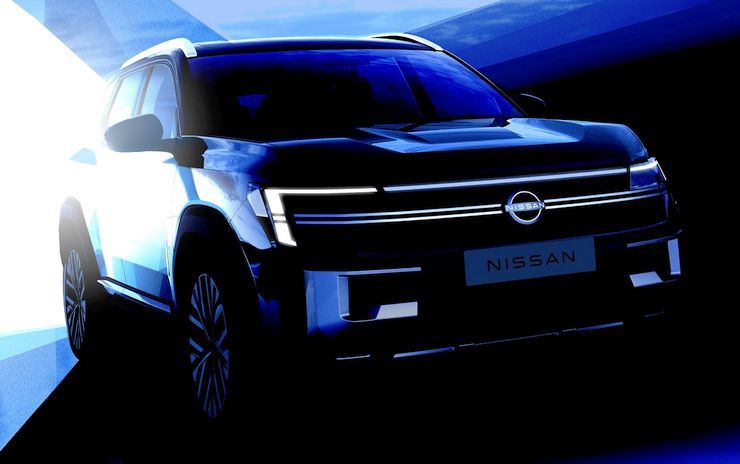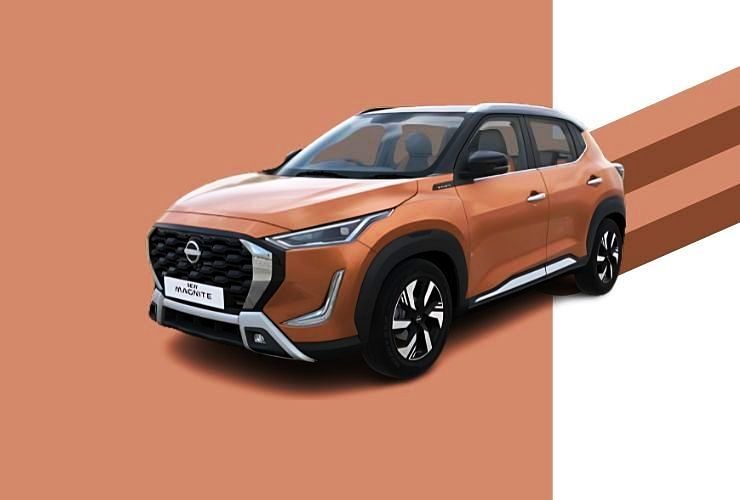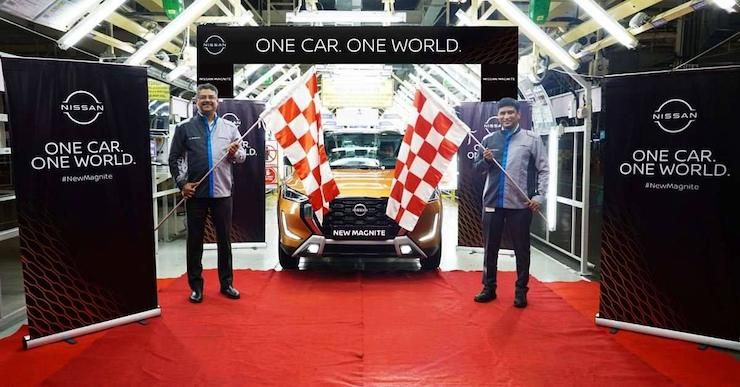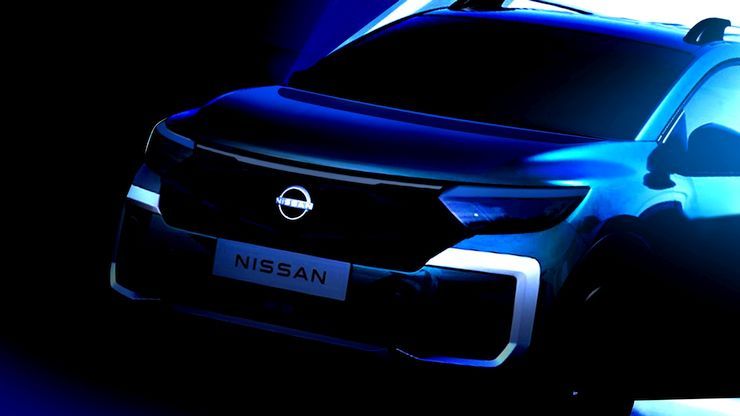Nissan's India Head Says 'We're Here To Stay': 6 New Cars And SUVs Coming!


Nissan is making a strong push in the Indian market with a clear message—it's here to stay. Despite selling its stake in the Chennai manufacturing plant to Renault, the company has reassured that its India plans remain unchanged. With six new models in the pipeline and a massive investment already underway, Nissan is looking to expand its presence and make India a key part of its global growth strategy.

The carmaker has committed to investing €700 million (about ₹6,300 crore) in India. It has already deployed over 80% of this investment to develop new products, expand its retail network, and strengthen the brand. Top executives have made it clear that the company is not exiting India but rather repositioning itself for long-term success.
Frank Torres, the Divisional Vice President of AMIEO Region Business Transformation and President of Nissan India Operations, emphasized that the manufacturer remains fully committed to the Indian market.
"We are here to stay. Our investments are intact, our network is growing, and our future models are aligning with our aspiration to triple our volumes," he stated.
Nissan has ambitious plans to introduce six new models in India. These will include two B-segment SUVs, two C-segment SUVs (5 and 7 seater Terrano), and an electric vehicle (EV) based on the Magnite. The sixth model will be the Nissan version of the Renault Triber MPV.
The new SUVs will cater to different segments, offering a mix of affordability, performance, and technology. Though the carmaker brought the X-Trail to the Indian shores in August last year, its hefty price tag almost killed the otherwise-potent SUV.

The Magnite has already established itself as a strong contender in the compact SUV space. It made Nissan achieve its highest-ever sales in the financial year 2024-25. A total of 99,000+ Nissans were sold across India and other global markets in the year. 28,000+ of these were domestic retains while exports amounted to 71,000+ units.
One of the biggest changes for Nissan in India is its shift from being a manufacturer to a customer. Renault now has complete ownership of the Renault Nissan Automotive India Pvt Ltd (RNAIPL) factory in Chennai after Nissan sold its 51% stake in it.
However, this does not mean that Nissan cars will stop being made in India. Instead, the Japanese brand will produce its vehicles under a contract manufacturing agreement, where it will pay per unit produced rather than investing in plant operations.
According to Torres, this would help Nissan optimize finances. "This move helps us convert fixed costs into variable costs. We will now pay per vehicle. It gives us flexibility and allows us to free up cash for future investments," he explained.

While Nissan has given up control of the factory, it retains a 49% stake in the R&D and digital hub, Renault Nissan Technology & Business Centre India (RNTBCI). This will continue to play a crucial role in the development of India-focused and global models.
Employment at RNAIPL, which has around 6,300 workers, will remain unchanged for now. However, since Renault now controls production, decisions about workforce expansion or optimization will depend on its future requirements.
The recent restructuring has freed Nissan from having to invest in Renault’s electric vehicle (EV) subsidiary, Ampere. It had originally promised a massive investment of 600 million euros in the project. These funds will now be used for its own recovery and the journey to being competitive. It will, however, be part of Renault's Twingo EV project for Europe. Details of its India EV game plan are yet to surface.
While Nissan is confident in its new strategy, there are concerns about its long-term position in India. By relying on a factory it no longer owns, Nissan has lost control over production capacity, operational decisions, and workforce management. If production constraints arise, Renault will have the final say in prioritizing which models get built first.
Despite these, Nissan believes that its focus on SUVs and EVs, combined with a more flexible cost structure, will help it stay competitive. It has secured production commitments at the Chennai plant until 2032, ensuring that the upcoming models will roll out as planned.

Nissan's target is to triple its domestic sales to 1 lakh units and double total sales (including exports) to 2 lakh units by 2026. With an expanded portfolio, a growing dealership network, and a shift in manufacturing strategy, the company is confident of achieving this.
The next two years will be critical for Nissan in India. If its upcoming models perform well and the new contract manufacturing strategy proves effective, the company could strengthen its foothold in the market.